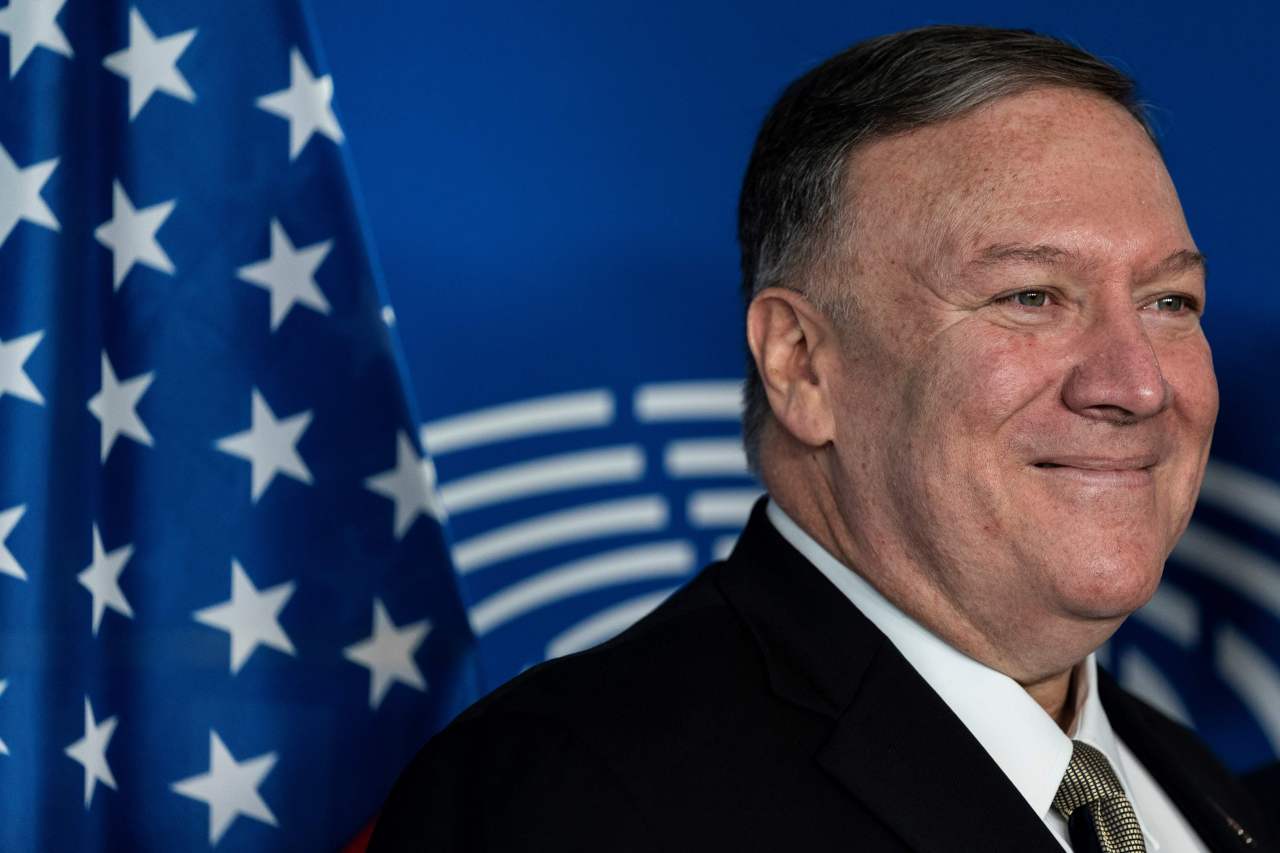September 10, 2019
Both sides have moved away further from the table since North Korea tested short range missiles in recent weeks.
US Secretary of State Mike Pompeo said Sunday that the US is hopeful that its nuclear talks with North Korea will resume within days or weeks, while the US Congress and other officials warned that other countries in the region may seek nuclear armament if Pyongyang fails to denuclearize.
In an interview with ABC, Pompeo made a fresh call to restart working-level dialogue. Washington has repeated calls for the resumption of dialogue, to which Pyongyang has been lukewarm in responding. US President Donald Trump and North Korean leader Kim Jong-un vowed to hold a lower-level meeting in mid-July.
 |
“We are hopeful that in the coming days or perhaps weeks we’ll be back at the negotiating table with them,” Pompeo said.
Reminding North Korea that the US would guarantee regime security and economic prosperity if the North relinquishes its nuclear weapons, he said Trump would be “very disappointed” if Kim “doesn’t return to the negotiating table or conducts missile tests that are inconsistent with the agreements” that the two leaders made.
Asked if the recent missile tests by the North had breached UN Security Council resolutions, Pompeo said, “He has not yet violated that.”
“We wish that he would stop that. Our mission set at the State Department is very clear: to get back to the table, to present a mechanism by which we can deliver,” he said.
While seeking to engage North Korea, Washington recently raised the possibility that South Korea and Japan may opt for nuclear capability if the North’s denuclearization fails to materialize.
On Friday, the Congressional Research Service, the research branch of the US Congress, in a report titled “Nonstrategic Nuclear Weapons,” said that US allies, including South Korea and Japan, “may feel compelled to acquire their own nuclear weapons if they lose confidence in the reliability and credibility of the US nuclear arsenal.”
The report pointed out that some South Korean politicians have been calling for the country’s development of its own nuclear capability as a response to the North’s series of tests.
“This view has not received the support of the current government in South Korea, but it does demonstrate that some may see US security guarantees as fragile,” it said.
US Special Representative for North Korea Stephen Biegun made a similar remark Friday during his speech at the University of Michigan.
“At what point will voices in South Korea or Japan and elsewhere in Asia begin to ask if they need to be considering their own nuclear capabilities? And what will this mean for a region whose prosperity and growth has been so inextricably tied to long-term stability and peace?” he said.
Washington appears to be pressuring the North to come back to the negotiating table before its nuclear arsenal “loses value” for talks and reciprocal measures from the US, according to Park Won-gon, a professor of international relations at Handong Global University.
“The message to the North is that if North Korea doesn’t give up its nuclear weapons to the end, then South Korea and Japan will be armed with more advanced nuclear weapons and there will be no reason that the US will negotiate with the country,” he said.
The US also seems intent to press China, which has an upper hand in nuclear capability in the Northeast Asia region and is sensitive to other countries’ armament in the area.
“Beigun’s remark and analysis are aimed at China, which has been showing a close relationship with the North, to persuade the country to resume the nuclear negotiation,” Park said.


